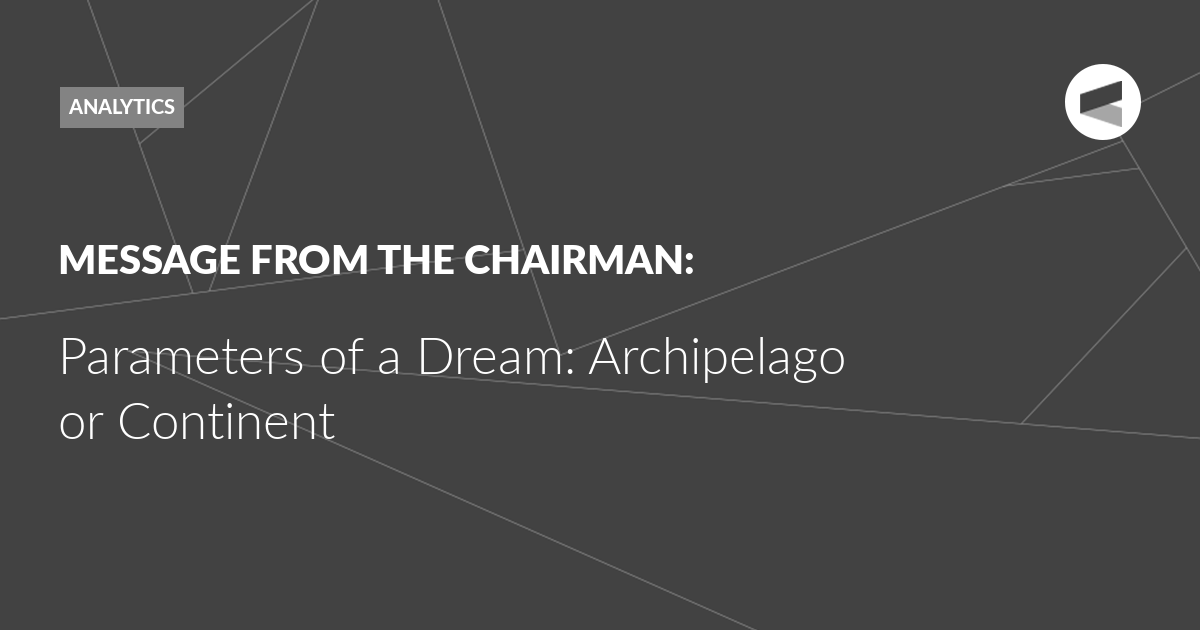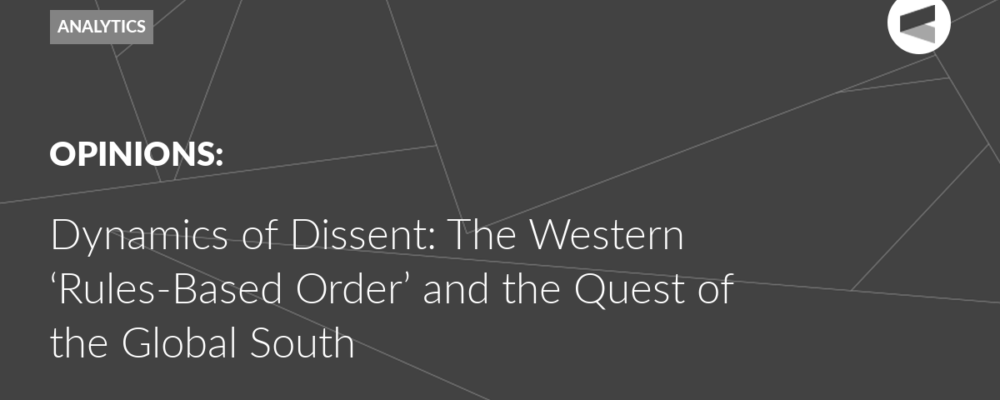The juxtaposition of these two opposite trends produces a rather specific effect: countries, their elites, and even ordinary citizens are trying to find some kind of solution that would allow them to at least look into the future with relative confidence, without constantly looking back in anticipation of some kind of nastiness.
The search for such a solution is further complicated by the fact that the world is in dire need of some kind of regulatory system. Without this regulation, the further progress of humanity is simply impossible, since it is the growth of technological power that makes the world more and more connected and interdependent, in almost all spheres of human activity. It is clear, for example, that no country can solve the problems of climate change and environmental protection separately. The state of affairs in the information and communication sphere, which transcends borders, requires some universal international agreements, uniform rules for everyone and mechanisms for their observance. Achievements in biology and medicine raise the issue of social justice, humanism, and compassion with extraordinary urgency. It cannot be that the right to life, health, and care continues to depend on one’s place of birth, the thickness of one’s wallet, or citizenship. In general, common standards, universal rules, and the like are required everywhere and in everything. But, I repeat, the situation with regulation, the coordination of interests and plans, and the development of common security principles is quite poor and, to some extent, getting worse.
The lack of universality in the world, combined with glaring contradictions, as already mentioned above, has led to an increase in conflict and a split in the world. The lines of this rift run in the most bizarre way: there are conflicts between countries, but there are also ethnic, religious, cultural and even, as it turns out, gender hostilities (however, there is no end to the types of hostility). Interestingly, one can say with confidence that the boundaries between internal and external conflicts have been erased for almost all countries. External contradictions instantly lead to civil confrontation, and the latter can easily change foreign policy and give rise to a series of conflicts that go far beyond the country itself. A fairly typical illustration of this is the events in the Middle East, the development of which may well lead – under certain circumstances – to a worldwide clash and the highest degree of violence. To complete the picture, it is worth noting the extraordinary abundance of information, the turbulent oceans of inaccurate news, gossip, malicious lies and dense ignorance. The impact of this new information and communication world is so great that even our enlightened elites fall into the trap of their own ignorance and, when making decisions, they are guided by, in a certain sense, confused considerations, not logic – by an inconsistent and motley series of thoughts, often simply emotions. By the way, many researchers, including the Western ones, have caught onto this. I’ve even come across the term “emocracy” in one article.
It is clear that “emocracy” in a certain sense has always taken place. Even in Periclean Athens, many decisions were the result of excitement and emotional outbursts. But that was a long time ago, and somehow gradually the conviction was established that politicians are still guided by reason.
The Valdai Discussion Club was established in 2004. It is named after Lake Valdai, which is located close to Veliky Novgorod, where the Club’s first meeting took place.
Please visit the firm link to site






